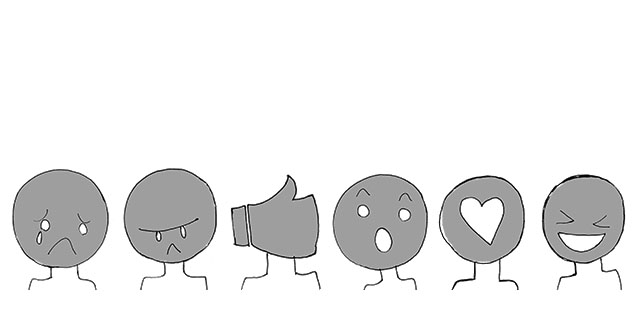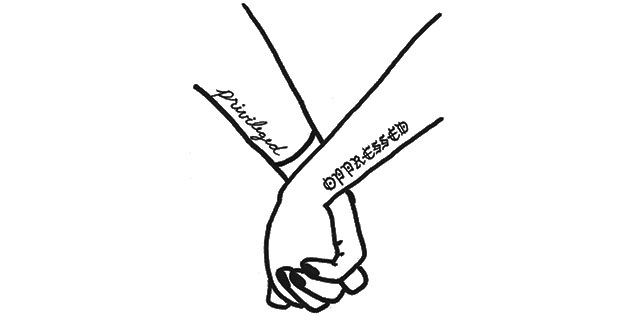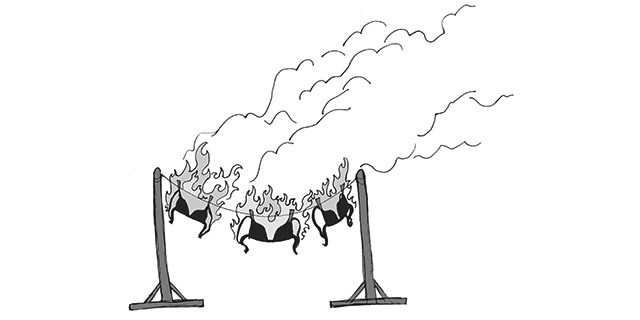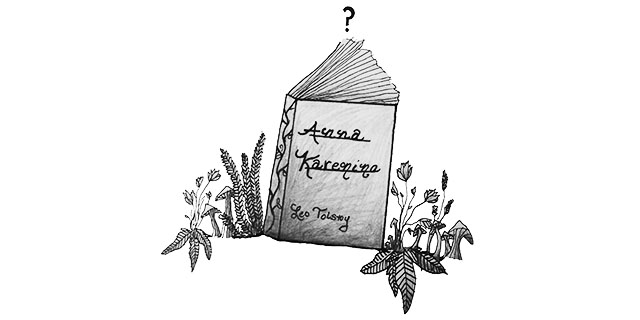
When you pick up a quarter and turn it over, you can rub your thumb across “In God We Trust” in raised capital letters right next to George Washington’s profiled bust. Thanks to the first amendment in our Bill of Rights, Americans are free to worship any god they choose. While many individuals or families are members of a religious group in America, there is one god we are all servants to: the federal government of the United States of America. We are in America because we have placed our trust in this government to guide us economically, politically, socially and militarily.
We all subscribe to this great nation’s government-run services: taxes, health care (almost), roads, police forces and so on. We trust the federal, state, and municipal governments with every personal detail that can fit on the photocopied forms sent to our houses and places of work. We trust that our government will condemn the guilty and protect the freedom of all citizens under a judicial court of law.
We resort to local activism when the government fails to address, to ameliorate, to punish or to understand a wide range of “grievances” that we as Americans can take offense to. However, local activism is just that: local. Unfortunately, it’s usually a natural disaster or blatant violation of human rights and American law that gets local activism broadcasted on a national scale. Think of the people who flew to New Orleans, Louisiana, after Hurricane Katrina in 2005; think of Martin Luther King Jr.’s March on Washington, D.C. in 1968; think of the protestors in Ferguson, Missouri, fighting for Michael Brown’s legacy; think of the relief concerts for Hurricane Sandy or AIDS; think of the Gay Pride parades. These are all examples of local-gone-national activism, thanks to the sheer media popularity of the violation or disaster.
America was built on the spirit of revolution and change through rallied efforts of the masses, or local activism, and it only makes sense that the aforementioned First Amendment gives Americans the right “to peaceably assemble,” and to “[petition] for a governmental redress of grievances.” As Americans, we exercise this right frequently and forcefully.
Local activism is great in the cases of hurricanes or unjust murders, but it can become sour and hateful as well. Because of the open-ended nature of the First Amendment, our great nation permits instances like anti-gay rights protests at Pride parades. The Westboro Baptist Church, best known for their slogan, “God Hates Fags,” had members legally picketing soldiers’ funerals. There are crowds of people shouting for the legal freedom of Officer Darren Wilson of the Ferguson Police Department killer of Michael Brown. There will always be bad people trying to promote causes that hate on homosexuality, women, racial justice, or any other current issues of today through local activism. Even Adolf Hitler, for example, rallied the German people in the 1930s for his anti-Semitic and pro-Aryan cause through local activism. While there is no way the U.S. government would allow another Holocaust, white supremacist groups like the Ku Klux Klan or the Aryan Nation are legally allowed to lobby for white power, and they do. These groups are of course frowned upon and unpopular in liberal parts of America like Los Angeles or the Northeast, but it is important to remember that they still exist.
We must remember that the right to peaceably assemble is sacred. America’s deity, the federal government, will not always do us justice so we must forage for own justice through the beauty of local activism. Whether you are fighting for healthier foods in school cafeterias, a woman’s right to choose, transgender rights or biodegradable napkins and utensils in restaurants, I salute you. As Americans, we place our trust in you. When the government fails us, we turn to ourselves and to each other to promote what is just and what is right, just the Patriots did in the 18th century.










